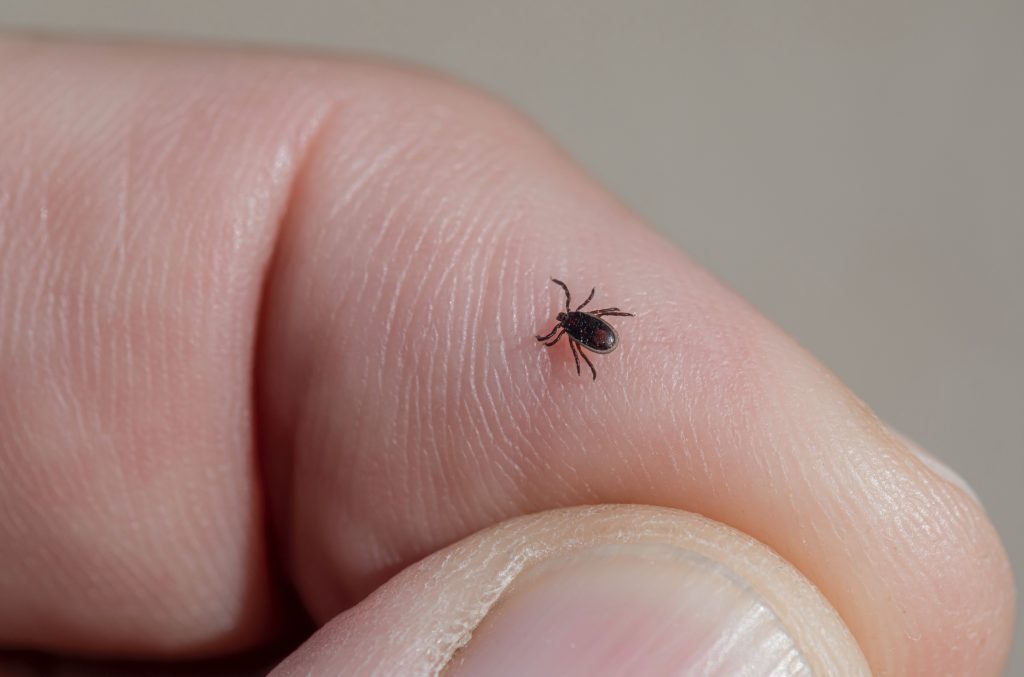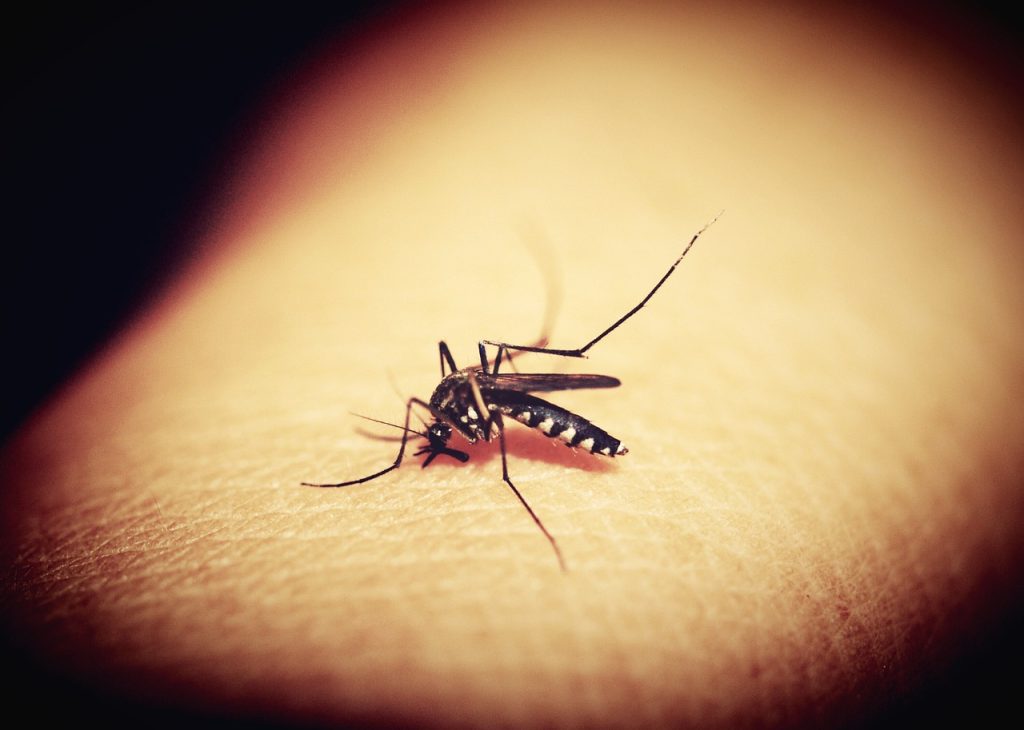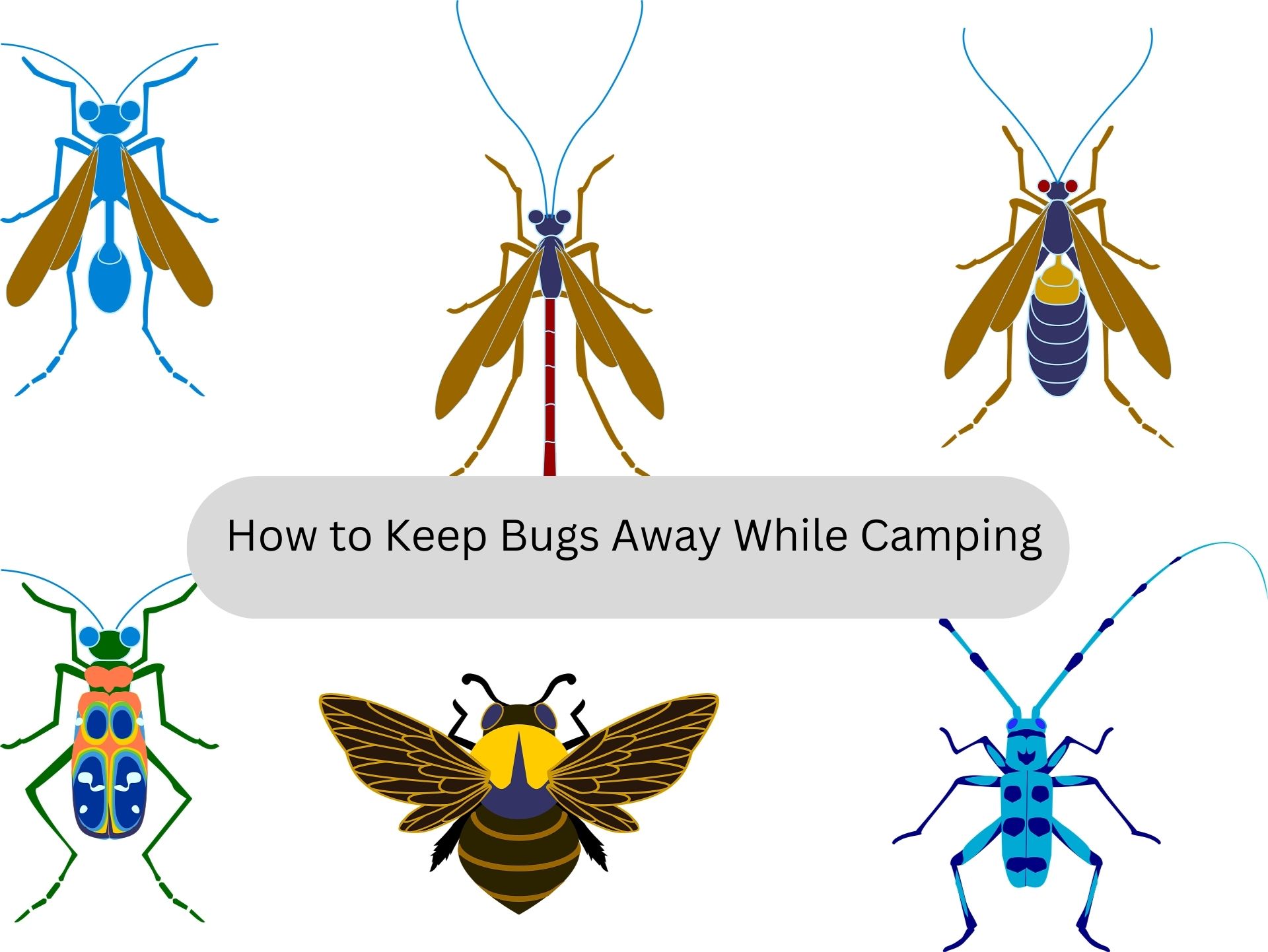Camping is a beloved outdoor activity that allows people to connect with nature and enjoy the great outdoors. However, One of the major drawbacks of camping is the potential presence of bugs. Mosquitoes, ticks, and other insects can ruin a camping trip by biting and harassing campers, leading to discomfort and possibly even illness. Therefore, preventing bug bites and keeping bugs away while camping is essential. This article will discuss how to keep bugs away while camping.
The Negative Impacts of Bugs on Camping Trips
Table of Contents
ToggleBugs can greatly affect the enjoyment of a camping trip. Mosquitoes, in particular, are a considerable nuisance, buzzing around campers’ heads and leaving itchy bites in their wake. Mosquitoes can also carry diseases such as the West Nile virus and Zika virus, making it important to take steps to prevent bites.
Ticks are another bug to be aware of while camping, as they can transmit diseases such as Lyme disease. In addition to causing discomfort and potential illness, bugs can disrupt sleep and make relaxing and enjoying the outdoors difficult.
Tips for Preventing Bug Bites

There are several steps campers can take to prevent bug bites and keep bugs at bay.
- One of the most effective methods is the use of insect repellent.
- Insect repellents containing DEET or picaridin are particularly effective at preventing mosquito bites.
- Following the instructions on the label when applying insect repellent is important, as overuse can be harmful.
- Wearing long sleeves and pants can also help prevent bug bites, reducing the amount of exposed skin.
- In addition, avoiding fragrant products such as perfumes and scented lotions can help deter bugs, as they are attracted to strong smells.
- Sleeping in a screened-in area or using a mosquito net can also help prevent bug bites while sleeping.
- Keeping the campsite clean and free of standing water can also help deter mosquitoes and other bugs, as they are attracted to areas with water.
- Keep the doors of your campsite closed. This can help prevent bugs from entering your camp and bothering you while you sleep or relax.
- It is also good to use screens or mosquito nets on doors and windows to keep bugs away from campsite.
Natural Methods for Repelling Bugs
In addition to using insect repellent and other preventative measures, you can use natural methods to repel bugs while camping. Citronella candles and oils can effectively deter mosquitoes and provide a pleasant aroma for campers.
Planting bug-repelling herbs such as lavender, basil, and lemon balm can also help keep bugs away. These herbs can be placed around the campsite or used in a natural insect-repellent spray. Garlic and apple cider vinegar can also be used as natural insect repellents.
How to Deal with Bug Bites

Bug bites can be annoying and uncomfortable, but there are many ways you can take to deal with them and reduce discomfort.
- Treat the bite with an over-the-counter cream or ointment. Products containing hydrocortisone or calamine lotion can help alleviate itching and swelling.
- Use ice or a cold compress to reduce swelling. Applying ice to the bite for 10-15 minutes can help reduce inflammation.
- Avoid scratching the bite. Scratching can irritate the bite and increase the risk of infection.
- Keep the bite clean. Rinse the bite with soap and water and apply an antibiotic ointment to prevent infection.
- If the bite becomes infected or if you have multiple bites, seek medical attention.
Following these steps can effectively deal with bug bites and reduce discomfort.
Conclusion
Bug bites can be a major nuisance while camping and lead to illness. By following the tips outlined above and using a combination of prevention methods, campers can enjoy a bug-free camping trip and fully experience the beauty and enjoyment of the great outdoors.
FAQs
Is lemon an insect repellent?
Lemon has antioxidant properties but is not specifically effective at repelling bugs. The strong citrus scent of lemon can help deter bugs, so it is often used as a natural method for repelling insects. However, the antioxidant properties of lemon are not directly related to its effectiveness as an insect repellent.
To repel bugs with natural methods, you can use lemon in a few different ways:
- Use lemon essential oil as a natural insect repellent. To prepare a natural insect repellent using a lemon essential oil, mix a few drops with water and apply them to the exposed skin.
- Create a lemon spray by mixing lemon juice with water and spraying around your campsite to deter bugs.
- Plant lemon balm around your campsite. Lemon balm has a strong citrus scent that can help repel bugs.
- Rub lemon slices on exposed skin. The pungent smell of lemon can help deter bugs.
What smell repels most bugs?
Some smells that can help repel different types of bugs:
- Citrus scents, such as lemon and orange
- Lavender and peppermint essential oils
- Garlic and apple cider vinegar
- Thyme, basil, and rosemary
Different bugs are attracted to or repelled by other smells, so it may be helpful to use a combination of different scents to repel various insects effectively.
Is vinegar an insect repellent?
Yes, vinegar can be used as an insect repellent. The pungent smell of vinegar can help deter certain types of bugs, including mosquitoes and ticks. Apple cider vinegar is particularly effective at repelling bugs, as it has a strong, pungent aroma that many insects find unpleasant.
To use vinegar as an insect repellent, mix equal water and vinegar and apply the solution to your skin or clothing. You can also use vinegar as a natural cleaning agent around your campsite to help deter bugs. It is worth noting that while vinegar can be effective at repelling certain types of bugs, it may not work for all insects and may not provide long-lasting protection.
Does citronella work?
Citronella, a plant-based oil, has been an insect repellent for many years. The strong citrus scent of citronella can help deter mosquitoes and other insects, and it is often used in products such as candles, oils, and sprays.
Studies have shown that citronella can effectively repel mosquitoes and other insects, but its effectiveness may vary depending on the specific product and the individual using it. Some research suggests that citronella-based insect repellents protect for a limited time, typically a few hours.
It is worth mentioning that while citronella can be effective at repelling certain types of bugs, it may not work for all insects and may not provide long-lasting protection. Using citronella in combination with other prevention methods, such as wearing pants and long sleeves and using an insect repellent containing DEET or picaridin, is a good idea to maximize protection against bug bites.
Thanks for reading!
Popular Articles:




